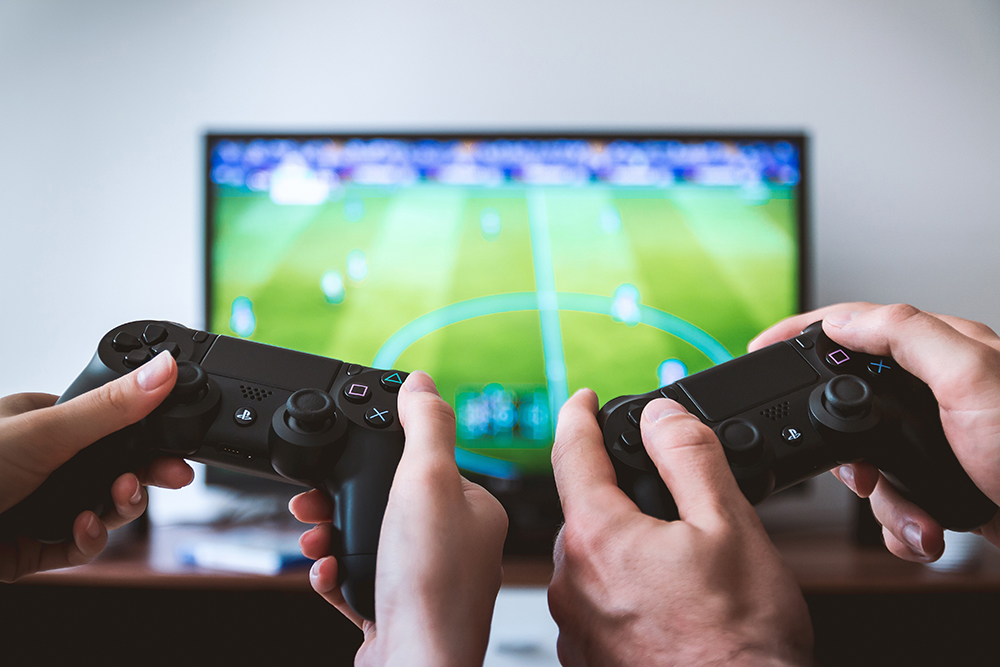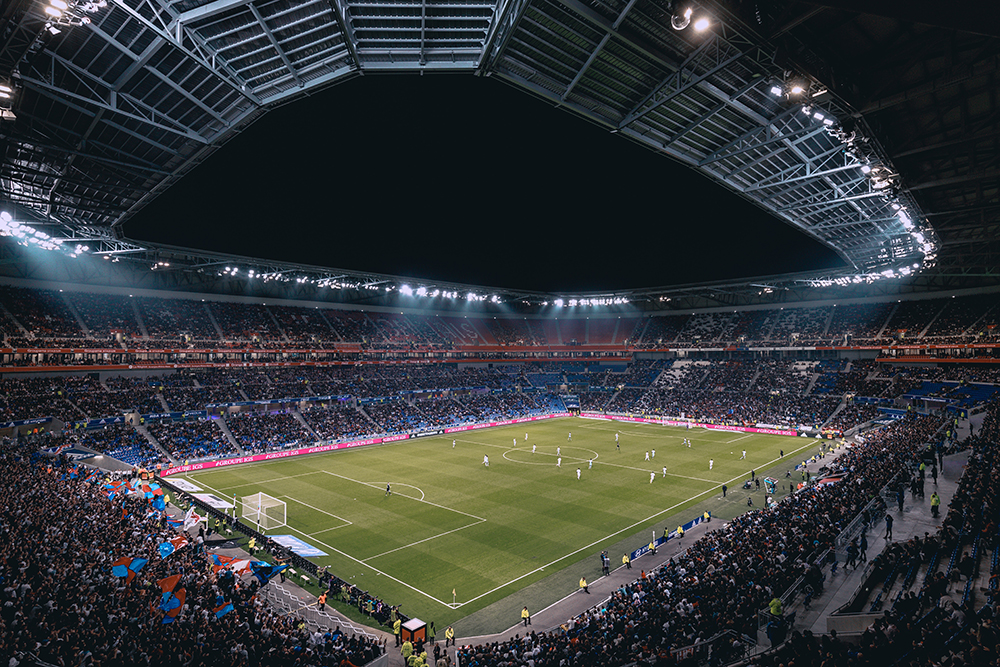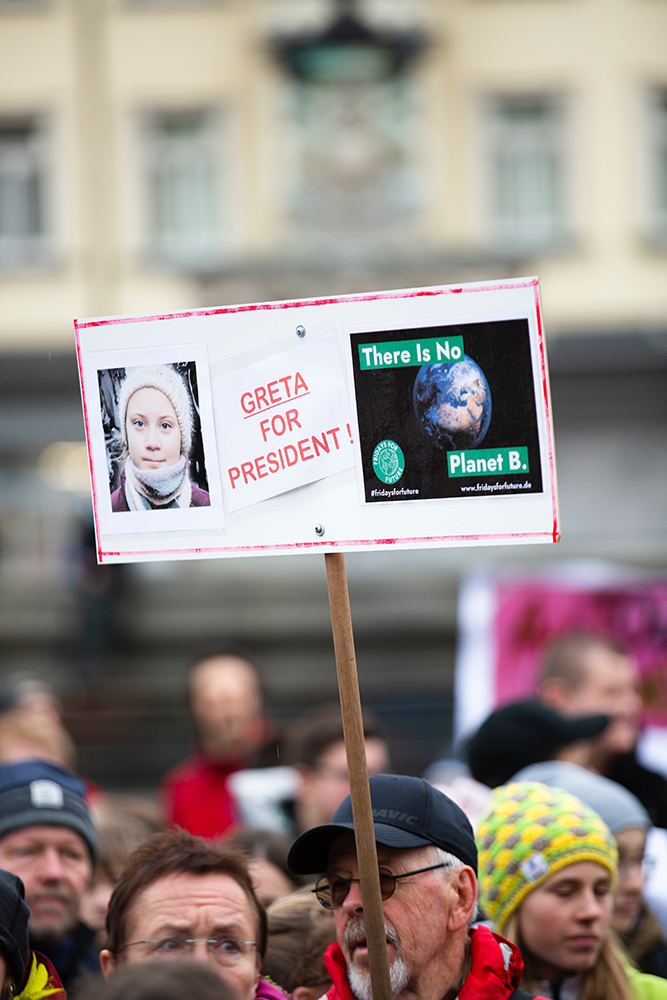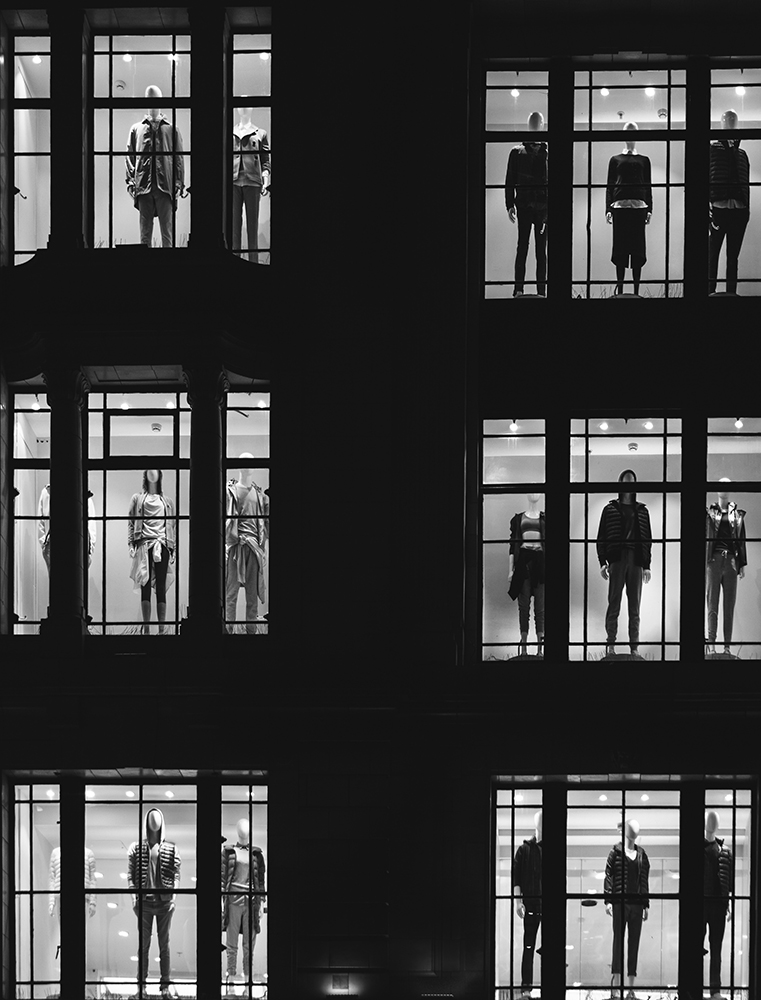As demonstrators gather around the United States in response to the killings of unarmed Black citizens George Floyd, Ahmaud Arbery, Breonna Taylor, and Tony McDade, among countless others, to protest police brutality and systemic racism against the Black community, one slogan, brandished on cardboard signs and colorful posters, has had a particularly contentious reception among the American public: Defund the police. Its polarizing effect has pierced the national discourse to a degree that previous calls for public safety overhauls have not, largely thanks to its recent popularization by Black Lives Matter. Its origins, however, go back decades and, today, offer crucial insights about Americas current cultural landscape.
Defunding the police today involves not only cutting money from police budgets, which often constitute up to a third of a citys entire budget, but reinvesting it into transformative justice programs that emphasize community-building efforts, like mental health services, over policing. For context, programs like affordable housing and health care have been gradually defunded over the last 50 years, while police budgets have remained unchanged and even enlarged. In New York City, for example, the funding for law enforcement grew nearly 30 percent over the last decade and is bigger than the Departments of Health, Homeless Services, Housing Preservation and Development, and Youth and Community Development combined. This gap between supporting the roots of a communitys well-being and the forces that punish marginalization are at the heart of calls to defund police.
Though the words themselves are clear calling for departments to literally be defunded the phrases interpretation is often confused with outright abolition. Many worry that, without a police force, violent crimes, like mass shootings and armed robberies, will proliferate. Alicia Garza, co-founder of Black Lives Matter and principal at Black Futures Lab, attributes this confusion to the political spin machine. I think the polarization of this conversation is quite intentional, she told MTV News. Its important to note that there is a distinction between abolition and defunding the police, though conflating the two could lead those who would support the latter to shrink back from the movement. When people say they want to defund the police, thats what they mean and its not unclear. We werent unclear when people were talking about wanting to defund Planned Parenthood.
The current calls to defund police are distinct from the abolish the police movement, which sees contemporary policing systems as beyond reform and calls for their elimination and replacement with new systems. While defund the police has semantic similarities with the more radical police-abolition movement, it does not demand the elimination of police; rather, it calls for a reimagining of public safety while still maintaining a version of police forces. Defunding the police is not synonymous with abolishing the police, but that doesnt mean there isnt a broader conversation to be had about how we resize the role of policing in our communities, Garza added.
Many scholars suggest that the push to defund the police originated among the prison abolition and Black liberation movements, though it is unclear when or where. Simon Balto, author of Occupied Territory: Policing Black Chicago from Red Summer to Black Power, cites the Black Pantherss push for community control of the police in the 60s and 70s, as well as partial divestment in the police and reinvestment in social goods. And according to Jordan T. Camp, who co-authored Incarcerating the Crisis: Freedom Struggles and the Rise of the Neoliberal State, the phrase can be traced back at least to the formation of Critical Resistance, a grassroots organization working to dismantle the prison-industrial complex, co-founded by Angela Davis, Rose Braz, and Ruth Wilson Gilmore.
But the ambiguous, grassroots beginnings of one of 2020s fiercest calls to action may be why it has been able to take on a life of its own among todays young activists and allies. Since no one entity has a claim to the slogan, the futures it calls for are as boundless as its beginnings, beginnings rooted in Black safety and freedom that extends to all people struggling against state-sanctioned violence.
[Defunding the police] is not just a Black issue because so many people go about not receiving support in moments when they experience violence and harm, Philip McHarris, an activist and Yale PhD candidate, told MTV News. We know from recent events alone how painfully true this is. Police brutality at the ongoing George Floyd demonstrations is being committed against protestors of all backgrounds including a non-violent, 75-year-old white man who suffered a brain injury. Race, gender, or age doesnt preclude anyone from becoming a victim, though Black and indigenous people suffer the highest rates of violence at the hands of police.
We have people who were severely injured by police officers, said Carmen Sabater, a former NYPD officer and currently a civil rights attorney with V. James DeSimone Law representing a young activist who was run over by an LAPD vehicle at a recent protest. We need a community-based system investing in our communities and reducing the need for a police corps.
Given that activists are attempting systemic change of this magnitude during an election year, mass mobilization and engagement is critical. In the past few weeks alone, the protests have garnered tangible changes. Los Angeles Mayor Eric Garcetti, for example, pledged to cut up to $150 million from the police budget and reinvest into social and youth programs. New Yorks city council pledged to cut up to $1 billion from the NYPD budget. And the GOP has an upcoming police reform bill in the Senate.
Well aware of this and the upcoming presidential election in November, Garza has been focusing on building Black political power through campaigns like Black to the Ballot, a voter initiative from Black Futures Lab to register new voters and empower the population to come out of recent events into a better place.
If youre unhappy with the way policing is happening in your communities, you can actually make your voice heard by making sure your mayor is accountable for who they select, she said, referring to mayoral power over police chiefs and budgets. We have incredible power in this moment. Our power is in the streets for sure. Our power is changing hearts and minds. But our power is also changing the people who make the rules.
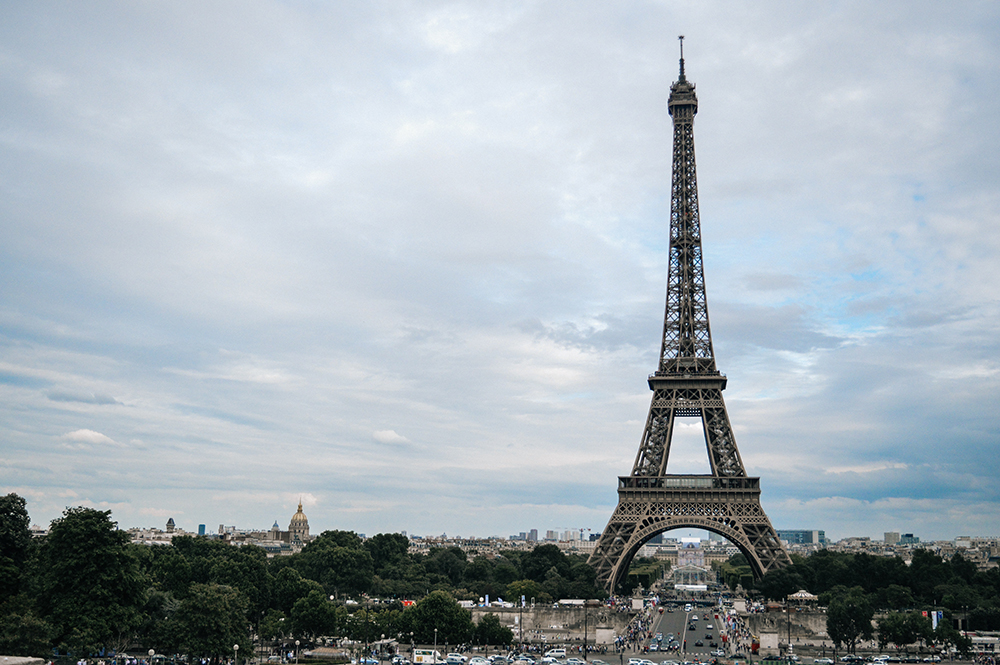
Festivals


